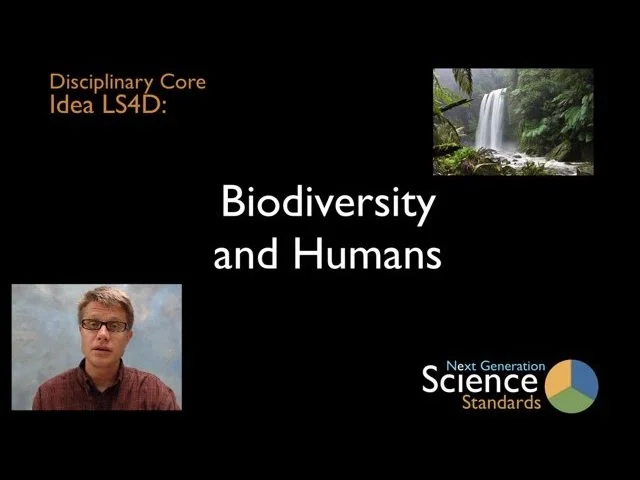LS4.D: Biodiversity and Humans
In this video Paul Andersen defines biodiversity and explains the impacts humans are having on the planet's biodiversity. Humans are impacting the variety of life on our planet through habitat destruction, invasive species, pollution, overpopulation, overexploitation and climate change. A K-12 teaching progression is also included.
LS2.C: Ecosystem Dynamics, Functioning, and Resilience
In this video Paul Andersen explains how ecosystems respond to disruptions. Disruptions can cause changes in the number and variety of organisms. It can also lead to migration, extinction or even speciation. Ecosystems that have a higher biodiversity are able to respond to large disruptions over time. A K-12 teaching progression is also included.
CCC4: Systems and System Models
In this video Paul Andersen explains how systems can be used to understand phenomenon in science and create better designs in engineering. He starts by defining the characteristics of a system and describes how system models can be used to better understand the world. For example a system model of the water cycle can show the cycling of matter on the surface of the Earth. He ends with a progression of instruction for a K-12 science classroom.
SEP7: Engaging in Argument from Evidence
Paul Andersen explains the importance of argumentation in improving both understanding and design. This video begins with a discussion of the heliocentric and geocentric model of the Universe that eventually lead to the Copernican Revolution. It highlights the importance of both informal and formal arguments. It finishes with a discussion of the educational progression including a great question.




